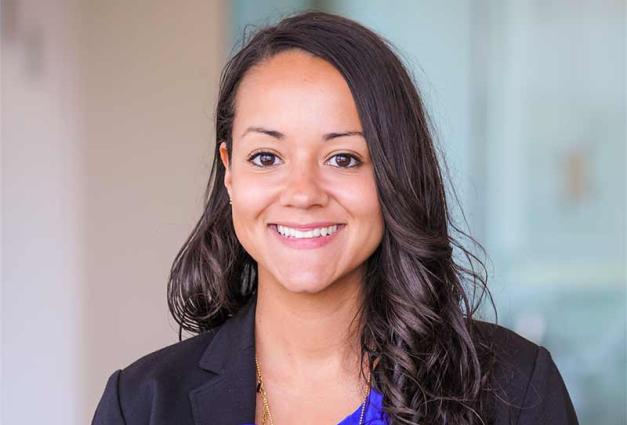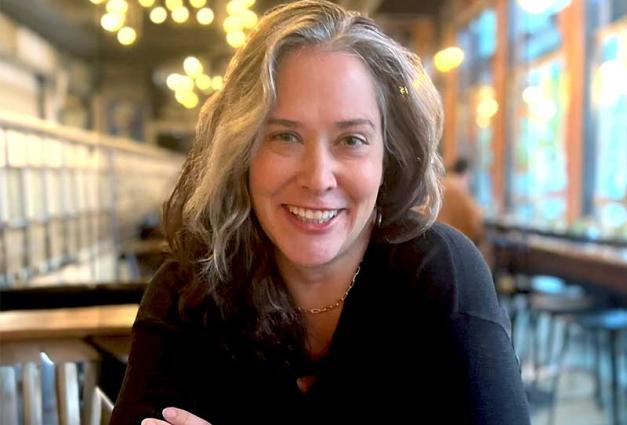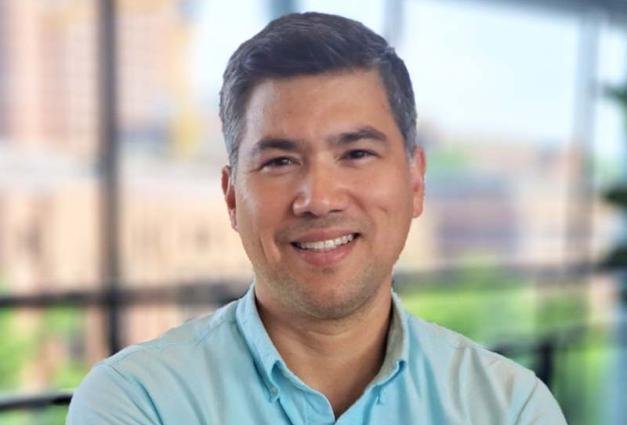Dr. Huynh received his Bachelor of Science in Psychology at the University of Arizona in 2008 and his Ph.D. in Social/Health Psychology at the University of California, Riverside in 2014. Dr. Huynh conducts research on the topics of health and humility and teaches a variety of courses including statistics, research methods, social, sports, and health psychology. In his spare time, he enjoys playing/coaching volleyball and hanging out with his wife, Amanda, and two kids, Logan and Levi.
Do you have a favorite conference memory or story?
I love the SPSP conference! My favorite memories probably shouldn’t be written down, but my most awful memory is of when I gave my first “data-blitz” talk at the Health Preconference. I was so nervous, I approached the podium before it was my turn, pretty much blacked-out during my talk, and then went to the wrong seat when I went to sit back down. Fun times.
Do you have any advice for individuals who wish to pursue a similar career path in social psychology?
Find someone who believes in you and whom you trust, and allow them to help you. Don’t feel like you’re a burden. When you ask for help, you allow people to feel the joy of helping. Also, I think you should gain an appreciation for theory early on. I feel like I missed out on that and I frequently wish I had time to do it over again.
How has your identity affected your career?
My family and I came to the US when I was 9 from Vietnam. We were, by most standards, poor. I’m grateful for this upbringing—it keeps me grounded and it guides my approach to teaching and mentoring.
In what unique ways have you involved students in your research?
All of my students are undergraduates and many are from underserved communities. I like to provide them with the opportunity to be involved with the research process from beginning to end. I especially like to have students co-author manuscripts. For many of my students, they see publication as something that is way beyond them—I used to feel the same way. I think that overcoming this obstacle can help them see themselves as capable of so much more. This might translate to “maybe I could be a principal of a high school” or “maybe I can be a doctor” or “maybe I can be a professor too.”
What career path would you have chosen if you had decided to not pursue psychology?
My dream growing up was to be an NBA (professional basketball) player. That crashed and burned when I was still playing JV ball after my sophomore year. Besides that, I occasionally wonder what life would be like if I pursued coaching volleyball instead.
What’s the best advice you have ever received?
Saying “yes” to something means you’re saying “no” to something else. Make sure you prioritize your yeses.




